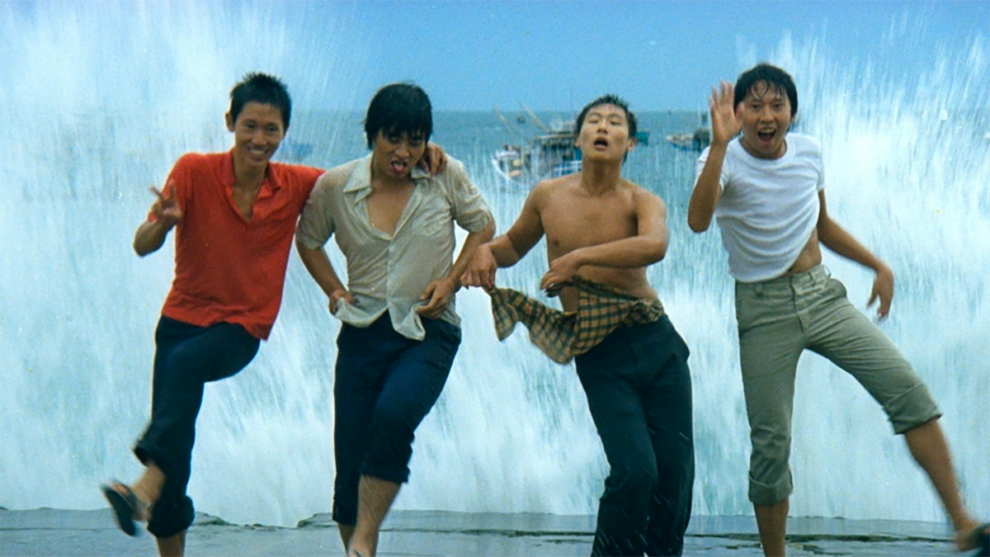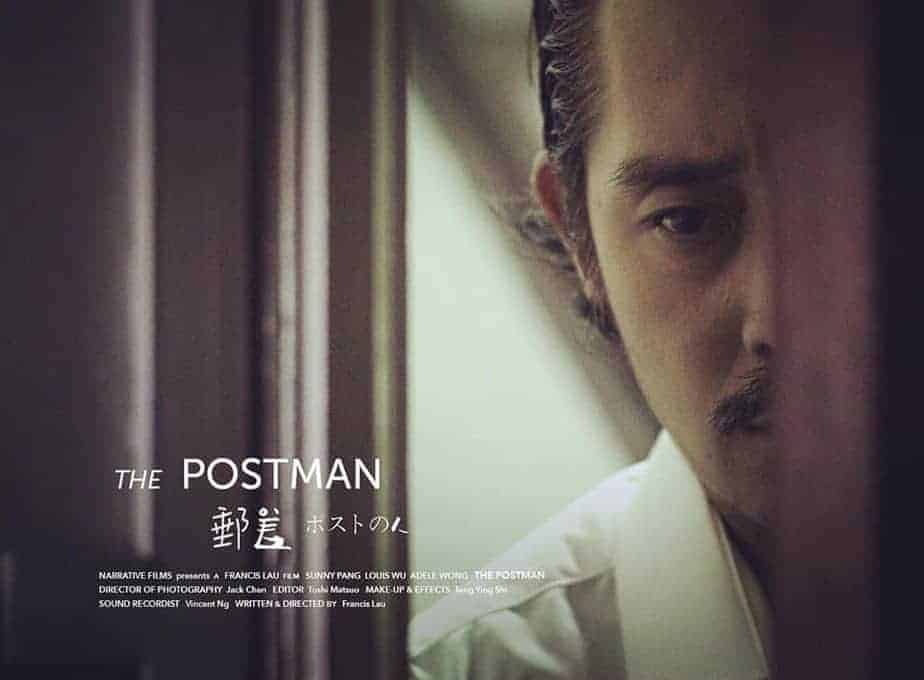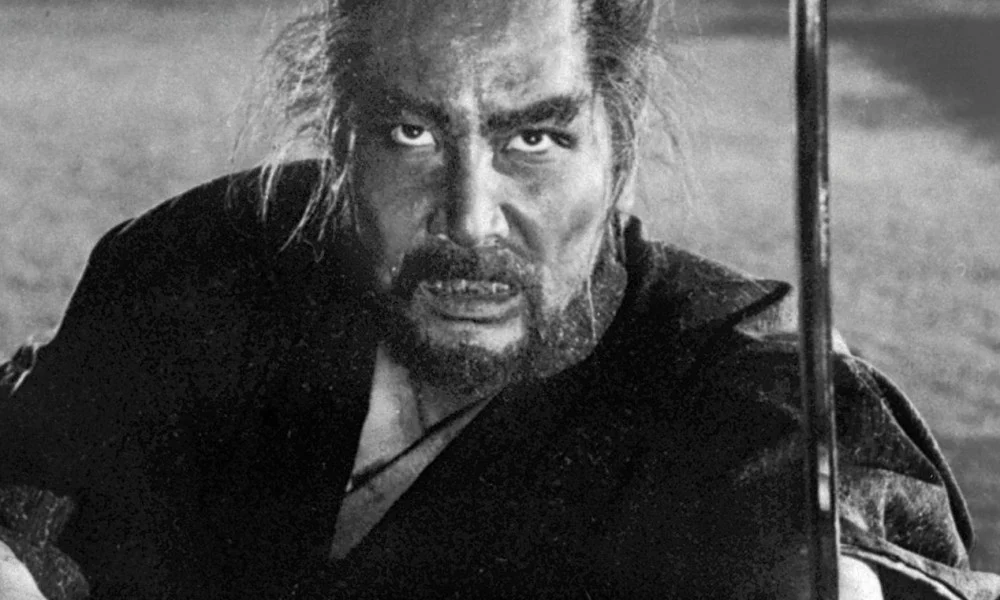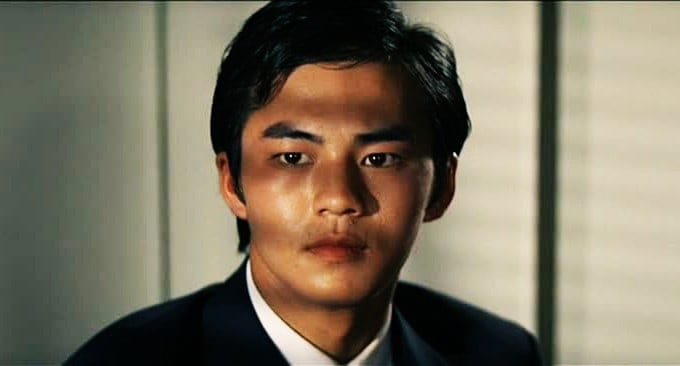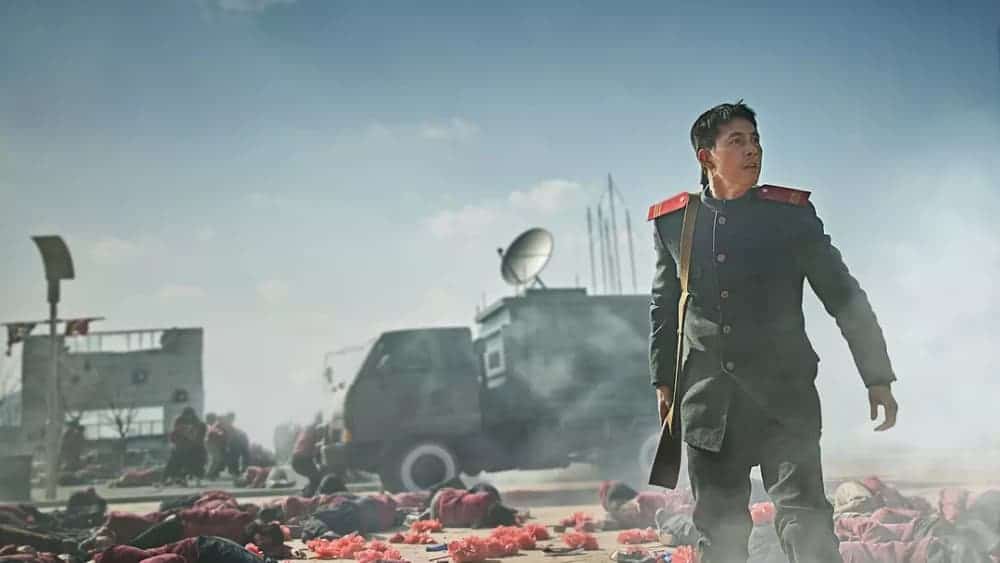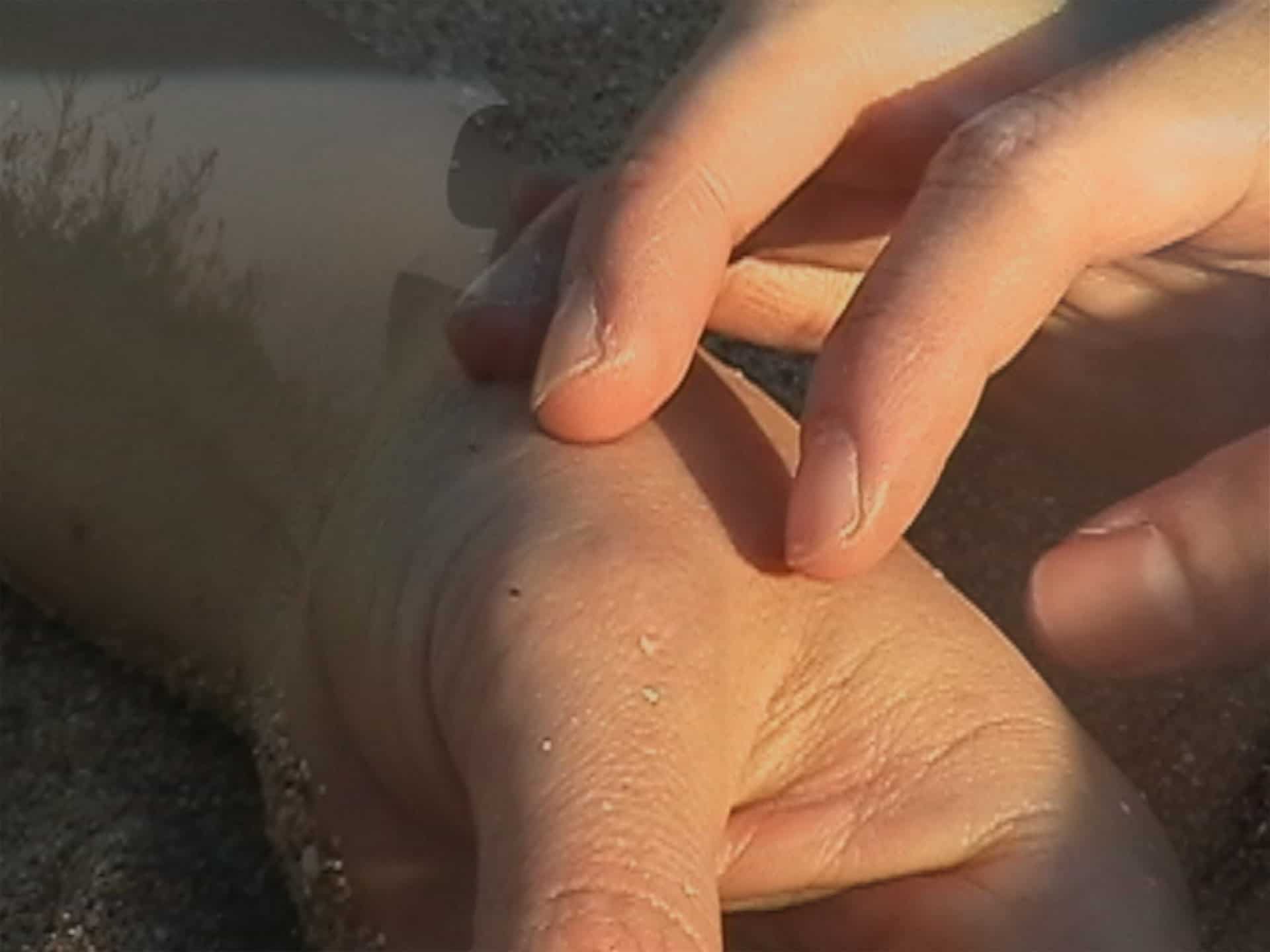Although it is not his first feature as director, Hou Hsiao-hsien has gone on record claiming that his 1983 work “The Boys from Fengkuei” is his first movie. There are a number of reasons for his statement, the first, and perhaps the most important, being his collaboration with writer Chu Tien-wen, who would go on writing the scripts for the majority of his future features, thus becoming an important influence for the director's works. This change can be seen from the very first moments of “The Boys from Fengkuei”, which, despite again telling a story about growing up and initiation, looks and feels more like an aesthetic and narrative foundation for his other works. Additionally, Hou was beginning to be noticed by critics and film festivals outside his home country, with the feature receiving four nominations at the Golden Horse Awards along with a Golden Montgolfiere Award at Nantes Three Continents Festival in 1984.
Buy This Title
on Amazon
Fengkuei is a small Taiwanese island, with a population mostly consisting of fishermen and some farmers, and very little to do for young people, who mostly look for distraction in the form of alcohol or at times violent rivalries with other gangs. After finishing high school, Ah-ching (Doze Niu) and his friends form their own gang, angering their parents and other locals because of them hanging around in the village and playing silly tricks on each other. However, after an especially brutal episode which leaves one of them severely wounded and the police looking for them, the boys decide it is time to leave their home for good, and after some time in an abandoned hut outside the village, the eventually set sail for Kaohsiung, where Ah-ching's sister lives.

Even though she is less than thrilled to see her younger sibling, together with two of his friends, arriving at her apartment out of the blue, she helps them find work and even a place to stay. Across their new home, there is the flat of Hsiao-hsing (Hsiu-ling Lin) and her boyfriend (Tou Chung-hua), who works in the same factory as the three boys. As the days go by and they see more of each other, Ah-ching falls for his new neighbor, and eventually even makes the decision to finally grow up and take life more seriously, However, with life in the city becoming more serious also, his first love might turn out to be his greatest disappointment.
As already indicated, there are distinct aspects making “The Boys from Fengkuei” a very different experience than “Cute Girl” and “The Green Green Grass of Home”, despite delving into similar thematic territory. On the surface, the script written by Chu reads like a coming-of-age-story, but they way this approach diverts from the more mainstream method of the previous features, not relying too much on obvious, dramatic plot points but more on spending time with the characters, resulting in a more organic development, for example, from Ah-ching becoming more mature due to being in an urban environment, away from home and being in love for the first time in his life. This achievement also succeeds thanks to the cast, with Doze Niu and the other performers downplaying rather than over-dramatizing certain events, giving their interactions a more natural and less goofy tone, unlike the characters in “The Green Green Grass of Home”.
At the same time, Hou returns to his concept of rural and urban areas within his home country as key ingredients to the story. Similar to other coming-of-age narratives, “The Boys from Fengkuei” works on the same contrast between the two, with the island village constituting home and family, whereas the city serves as a noisy, busy background to the necessary process of becoming an adult (or at least getting close to it). Even though their fights and tendency towards alcohol are anything but positive, Ah-ching's life at home is perhaps portrayed and shot using warmer colors, with his life in the city seemingly being more restricted. In comparison to the director's previous features, the use of these visual themes supporting the ideas and concepts of the story, along with the development of the characters feels much more mature and confident, making “The Boys from Fengkuei” quite an enjoyable viewing experience.
In conclusion, “The Boys from Fengkuei” is indeed Hou Hsieo-hsien “first” feature as a director, as it marks an important step in is development as a filmmaker and a rise in confidence when it comes to the use of the language of cinema.


